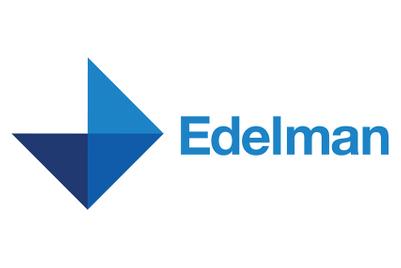
Speaking at the UN Fourth Committee’s debate on information issues in New York last week, Mungo Woodifield, the UK’s spokesperson to the UN, described the “serious risks” posed by digital platforms, and the rise in misinformation and disinformation online as “a pervasive threat."
Woodifield said: “Mis- and disinformation, and attempts to artificially manipulate the information environment, have the ability to impact billions. It can threaten our freedoms, and cause harm to individuals and society and, as we have seen in recent weeks, it misleads people in times of crisis.”
His comments come amid fierce propaganda wars being fought amid the current conflicts in Ukraine and the Middle East
“Artificial intelligence has the ability to increase the volume, sophistication and spread of misinformation and disinformation online,” Woodifield said.
He went on to accuse Russia of “exploiting the Security Council as a platform for disinformation”. He claimed the nation has “invited dozens of individuals as briefers to spread conspiracy theories about what has happened in Ukraine, which has been proven demonstrably false time and time again by UN experts."
The UK official stated: “Russia’s disinformation campaign distracts from the awful reality of its crimes on the ground and has degraded the level of discussion at the Security Council.”
And he pledged that the UK “will continue to expose disinformation when we see it, and hold Russia accountable for what it is doing."
The UK is also supporting a UN Code of Conduct for Information Integrity on Digital Platforms that is being developed by the UN Department of Global Communications. “Member states and platforms alike have a responsibility to keep pace with rapid developments in technology, to understand them and govern them, in order to keep the billions who use them safe,” Woodifield said.
“Access to trusted information is the antidote” to misinformation and disinformation, he said, adding that “the UN has a vital role to play in providing accurate, impartial reporting based on facts. But the job is getting harder each year.”
The UN itself has suffered from disinformation campaigns that have threatened peacekeeping operations in countries such as the Democratic Republic of the Congo, Central African Republic, Mali and South Sudan.
“Member states have a responsibility to protect the integrity of the UN as a source of trusted information,” Woodifield said.
“Unfortunately, some member states are spreading harmful disinformation at and about the UN. We remain very concerned by disinformation about UN Peacekeeping operations in the field. UN Blue Helmets are asked to do difficult work in the most challenging environments, and the spread of false allegations about their work poses real threats to UN staff and severely impedes their missions.”
The UK supports plans by the UN Department of Global Communications “to develop an information integrity lab that can support UN operations in the field and quickly rebut these false allegations”, he said.





.jpg&h=334&w=500&q=100&v=20250320&c=1)

.jpg&h=334&w=500&q=100&v=20250320&c=1)


.jpg&h=334&w=500&q=100&v=20250320&c=1)

.png&h=334&w=500&q=100&v=20250320&c=1)







